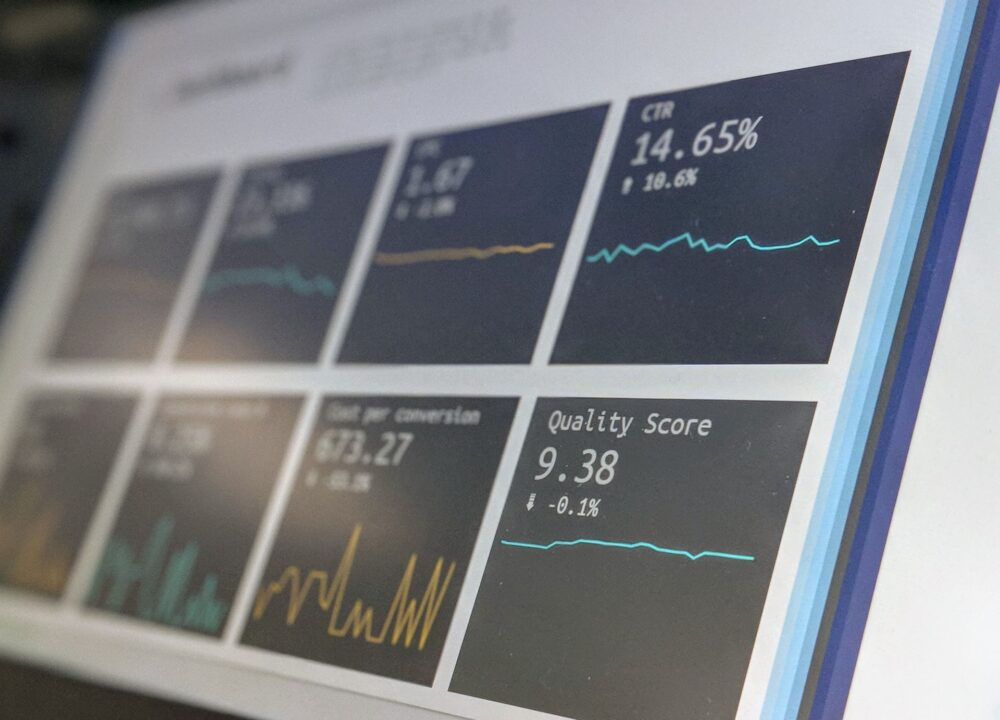In the age of digitalization, the pace at which new technologies develop has never been faster. In fact, it’s expected to become even more popular in the coming years, and this has caused a paradigm shift in the way organisations are operating today and a change in consumer behaviour in what experts are referring to as the Fourth Industrial Revolution.
Organisations today aren’t simply operating as traditional service providers; they’re also data-driven entities that have been empowered with more information than ever before. As a result, investments made in core business areas are increasingly moving towards digitalization in order to stay ahead of their competition and drive growth.
With that being said, it’s important to have an understanding of just how much this is going to drive investment in start-up technology and new app development in the coming months. With this article, we’ll explore what investment trends we can expect over the next twelve months and how these might impact humankind if you’re committed to staying ahead of changes in your industry or are looking to invest money into your company responsibly.
1. More Investors Will Take Up Ethical Investing Practices

Source: unsplash.com
Over the past decade, the amount of capital that has been flowing into alternative investments has grown significantly. As a result, investors are more open to alternative investment strategies than they used to be and are increasingly looking for companies that are committed to doing more for humankind than simply making money.
As such, in order to stay competitive, many organizations have begun to recognize the importance of investing in socially responsible initiatives and brands. This trend will continue over the next 12 months as both investors and companies recognize the impact of ethical practices like socially responsible ETFs (exchange-traded funds) and corporate social responsibility (CSR).
Additionally, the global population is becoming more aware of issues such as climate change and environmental degradation. As such, investing practices will increasingly be seen as a way to improve the world in which we live. New regulations like the U.S. fiduciary standard and the EU’s Market Abuse Regulation will also make it easier for investors to take more ethical positions. The emergence of new investment vehicles like the robo-advisor has also increased the accessibility of investment strategies like ethical investing.
All in all, with more people looking to make investments that have greater meaning and impact, ethical investing practices are likely to become more mainstream. As a result, more organizations will be encouraged to make investments proven to lead to greater social impact for humankind.
2. Data Trading and Platforms Will Be Increasingly Important
One of the most significant trends in investment is the growing importance placed on data. The ability to store and analyze data has enabled investors to make significantly more informed investment choices.
That’s because data is just as important as the end product. This can be anything from marketing and sales data to operational data, such as production and inventory levels. As companies continue to analyze data, both internally and externally, they will use trading platforms to create transparent price benchmarks. With trading platforms, investors are now able to access a wider range of investment options, including hedge funds, exchange-traded funds, and commodities.
This will provide a level of transparency that is necessary to effectively manage the increased complexity of modern business operations. It will also make investing in a wider range of investment choices possible and increase the level of competition in the market.
In order to respond to the growing demand for data, the demand for trading platforms that can accommodate multiple data types will also increase. The rise of decentralized exchanges (DEX) and decentralized storage will allow businesses to store data on blockchain platforms without compromising data security (which brings us to our next point).
3. Blockchain Technology Will Be Well-Established

Source: unsplash.com
With the first blockchain technology to gain widespread adoption in the early 2000s, investors and businesses were able to build decentralized applications (dapps). However, it wasn’t until 2017 that the technology started to gain traction.
Today, businesses are realizing the potential of blockchain technology by launching fully fledged applications that provide a wide range of unique and innovative services. For example, companies are leveraging blockchain technology to streamline the issuance and transfer of shares. This allows for the issuance of equity to be decentralized and more easily verified, reducing the risk of fraud and increasing the speed of transactions across a range of industries.
Moreover, blockchain technology also supports cryptocurrencies, such as bitcoin, which has been widely accepted as a legitimate way to make payments. The more established cryptocurrencies and blockchain technology become, the more we’ll see investments being made in these alternatives.
4. Smart Manufacturing Processes
Digitalization is increasingly being used to optimize production processes. Smart manufacturing processes are those that have been designed using digital technologies, such as robotics, to automate the production process.
Robotics will be used to increase operational efficiency across a range of industries, including manufacturing, healthcare, and logistics. Businesses will use robotics to automate tasks that are repetitive in nature, such as the inspection and repair of equipment.
This will lead to a significant increase in the level of automation occurring in manufacturing and less manual errors since product quality can be tracked with ease. Ultimately, production will be much more efficient and the cost of manufacturing will go down significantly.
5. Artificial Intelligence Will Be Dominant Over The Long Run

Source: pexels.com
Over the next year, artificial intelligence (AI) will be a major investment trend for both investors and organizations.
We can expect to see more AI-enabled software and hardware being integrated into hardware devices. This will enable businesses to collect data more efficiently and make use of the AI technology as part of their operations. They will be able to identify specific business opportunities and new market opportunities.
With AI, companies can also use machine learning to identify the optimal path for their business. This includes identifying specific areas for growth, such as implementing new product strategies or improving an in-house team’s efficiency.
The Bottom Line
As investors continue to seek new ways to grow their wealth, the investment compass in 2024 is pointing towards ethical and digital investments. New technologies like blockchain and artificial intelligence will be established and will provide strong returns. Improvements in the quality of data will be made possible through the increased use of trading platforms.
Businesses will also become more accustomed to using artificial intelligence to assist in decision-making. These technologies will allow for more flexibility, as well as a reduction in errors and human error, compelling companies to work more efficiently and effectively.


















